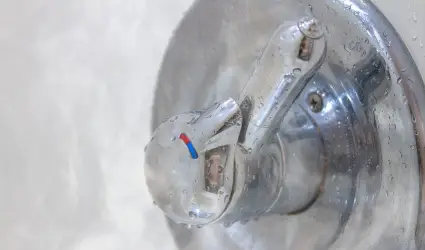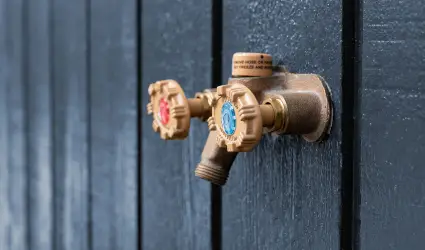
Low water pressure results in trickling showerheads and faucets, but high water pressure can damage your plumbing system. Similar to checking your indoor air quality, testing your home water pressure a few times a year can help you identify and remedy problems before they get worse. Use this as a guide on how to test the water pressure in your home.
The Importance of Testing Home Water Pressure
Many people only think to test the water pressure when it becomes noticeably low. However, too much of a good thing can be bad. High water pressure can harm your pipe connections, water softener, water heater, faucets, and appliances. Blowouts in flex lines and washing machine hoses are also more likely, which could, in turn, flood your home.
How to Test Home Water Pressure
1. Preparation

2. Hook Up Pressure Gauge


